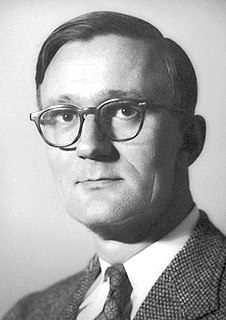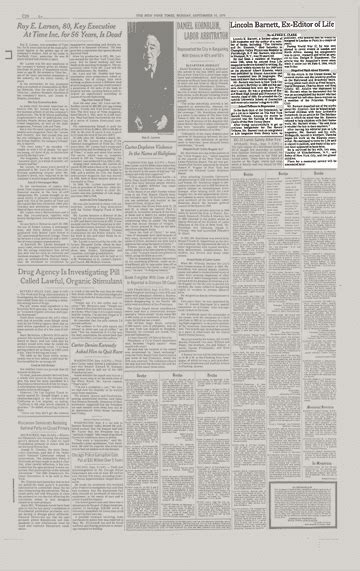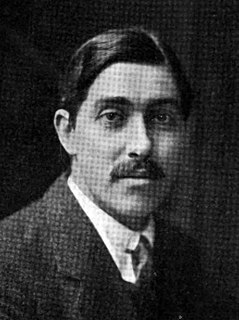A Quote by Tim Minchin
Science is not a body of knowledge nor a system of belief; it is just a term which describes humankind’s incremental acquisition of understanding through observation. Science is awesome.
Related Quotes
Please don't make the mistake of thinking that the arts and sciences are at odds with one another. That is a recent, stupid and damaging idea. You don't have to be unscientific to make beautiful art or to write beautiful things... science is not a body of knowledge or a belief system, it is just a term that describes humankind's incremental acquisition of understanding through observation. Science is awesome. The arts and sciences need to work together to improve how knowledge is communicated.
If the term education may be understood in so large a sense as to include all that belongs to the improvement of the mind, either by the acquisition of the knowledge of others or by increase of it through its own exertions, we learn by them what is the kind of education science offers to man. It teaches us to be neglectful of nothing - not to despise the small beginnings, for they precede of necessity all great things in the knowledge of science, either pure or applied.
The necessary precondition for the birth of science as we know it is, it would seem, the diffusion through society of the belief that the universe is both rational and contingent. Such a belief is the presupposition of modern science and cannot by any conceivable argument be a product of science. One has to ask: Upon what is this belief founded?
If science proves some belief of Buddhism wrong, then Buddhism will have to change. In my view, science and Buddhism share a search for the truth and for understanding reality. By learning from science about aspects of reality where its understanding may be more advanced, I believe that Buddhism enriches its own worldview.
The significance of a fact is relative to [the general body of scientific] knowledge. To say that a fact is significant in science, is to say that it helps to establish or refute some general law; for science, though it starts from observation of the particular, is not concerned essentially with the particular, but with the general. A fact, in science, is not a mere fact, but an instance. In this the scientist differs from the artist, who, if he deigns to notice facts at all, is likely to notice them in all their particularity.
Man cannot be enlightened through any organization, creed, dogma, priest or ritual, nor through any philosophical knowledge or psychological technique. He has to find it through understanding the contents of his own mind, through observation, not through intellectual analysis or introspective dissection.
My science teachers always encouraged their classes to 'go out and discover something' because all scientific endeavors depend on observation and experimentation. Through such pursuits, anyone can find something new to science, and if it's truly novel, the entire edifice of science might have to be restructured.
I think that we shall have to get accustomed to the idea that we must not look upon science as a 'body of knowledge,' but rather as a system of hypotheses; that is to say, as a system of guesses or anticipations which in principle cannot be justified, but with which we work as long as they stand up to tests, and of which we are never justified in saying that we know they are 'true' or 'more or less certain' or even 'probable.'
Science is not a system of certain, or -established, statements; nor is it a system which steadily advances towards a state of finality... And our guesses are guided by the unscientific, the metaphysical (though biologically explicable) faith in laws, in regularities which we can uncover-discover. Like Bacon, we might describe our own contemporary science-'the method of reasoning which men now ordinarily apply to nature'-as consisting of 'anticipations, rash and premature' and as 'prejudices'.
Although a science fair can seem like a big "pain" it can help you understand important scientific principles, such as Newton's First Law of Inertia, which states: "A body at rest will remain at rest until 8:45 p.m. the night before the science fair project is due, at which point the body will come rushing to the body's parents, who are already in their pajamas, and shout, 'I JUST REMEMBERED THE SCIENCE FAIR IS TOMORROW AND WE GOTTA GO TO THE STORE RIGHT NOW!'"
































